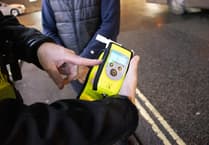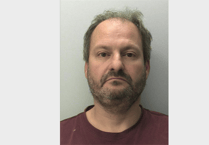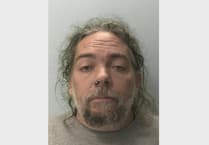AMAZING unseen photographs giving a snapshot into Hatherleigh’s history have been revealed.
A huge collection of previously unseen photographs of Devon by James Ravilious and Roger Deakins are now available for public viewing. As part of a project undertaken by Beaford, a charity in north Devon, and funded by the Heritage Lottery Fund, over 80,000 photographs have been digitised and are available to view at beaford.org/archive — including these and several other photos of Hatherleigh.
The photographs capture life in rural Devon over a 20-year period starting in the early 1970s and provide an unparalleled view of Devon’s landscape, its communities and agricultural practice.
Many will be familiar with James Ravilious’ photographs already in the public domain. There have been many films, exhibitions and published books about his work.
Author Michael Morpurgo has frequently cited his photographs as an inspiration and Alan Bennet in an interview for The Telegraph praised his work stating: ‘These photographs, anything but nostalgic, reveal the persistence of an England one had thought long gone.’
From an artistic perspective, Ravilious categorised these published photographs as his best work. The photographs about to be released, although not considered by Ravilious himself to be of the same quality, offer an unparalleled portrait of Devon at that time.
Mark Wallace, Director of Beaford, said: ‘These extraordinary photographs are of international significance and serve as a vital record of our rural past. In exploring our social history we hope that this new collection will help us consider our future and what our legacy will be for the next generation.’
The Ravilious collection for the Beaford Archive is joined by photographs from Roger Deakins. Now one of the most prolific and revered cinematographers working in film — he recently won an Oscar for his work on Blade Runner 2049 — it is a little known fact that Deakins was the first to take on the Beaford Archive commission.
Nerys Watts, Head of Heritage Lottery Fund, South West, said: ‘We are delighted to support this hugely exciting project from Beaford. The photographs offer a vital record of Devon as it was and the community engagement initiatives around these collections, including projects with primary schools and professional artists as well as the oral history interviews, are ensuring that they continue to resonant and ignite fascinating discussions about how we live now.’
To access the full collection, visit beaford.org




